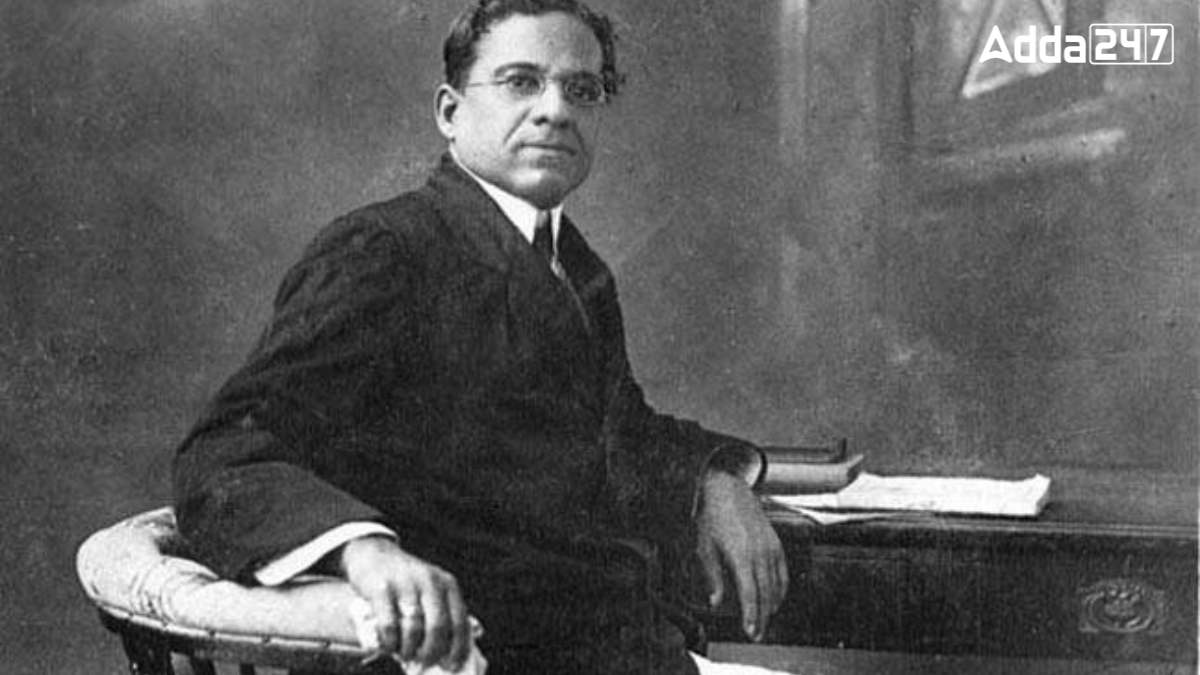Indian cinema, also known as Bollywood for its Hindi films, is one of the largest film industries in the world. It produces a wide range of movies in multiple languages, showcasing diverse cultures, stories, and art forms. It has a rich history and continues to influence global entertainment. In this article, we will know about the person who is known as “Father of Indian Cinema.”
Father of Indian Cinema
Dadasaheb Phalke is called the “Father of Indian Cinema.” He was the first person to make a full-length feature film in India, and his work laid the foundation for the Indian film industry. His story is inspiring and shows how passion and dedication can create something that lasts forever.
Early Life of Dadasaheb Phalke
Dadasaheb Phalke was born in 1870 as Dhundiraj Phalke in a Marathi family in Trimbak, which was part of the Bombay Presidency (now Maharashtra). He studied at Sir JJ School of Arts in Bombay, where he took a one-year drawing course in 1885. To support his family, he worked as a draftsman and architect.
Inspiration to Create Cinema
Phalke was deeply inspired to enter the world of films after watching a movie called The Life of Christ in 1906. This film showed the story of Jesus Christ, and Phalke thought about how Hindu gods, like Rama and Krishna, could be shown in a similar way on screen. This idea led him to make the first-ever Indian feature film.
Dadasaheb Phalke’s Work and Achievements
In 1913, Phalke made Raja Harischandra, which is considered India’s first full-length feature film. It was a silent movie that told the story of the legendary king Harischandra from Hindu mythology. This movie became a huge success and opened the doors for Indian cinema.
Phalke was not just a director but also a producer, screenwriter, editor, and distributor. He was involved in every part of filmmaking and worked hard to ensure his vision came true. His creativity and hard work helped him build the foundation of the film industry in India.
Legacy of Dadasaheb Phalke
Dadasaheb Phalke’s contribution to Indian cinema is so important that the Government of India introduced the Dadasaheb Phalke Award in 1969. This award honors people who have made significant contributions to Indian cinema. The award includes a golden lotus (Swarna Kamal) shawl and ₹1,000,000 (around US$12,000).
Phalke’s legacy lives on through the award, the growth of Indian cinema, and the many filmmakers who were inspired by his work.



 Which River is known as the Black River?...
Which River is known as the Black River?...
 Which State is the Largest Producer of C...
Which State is the Largest Producer of C...
 Which State is the Largest Producer of J...
Which State is the Largest Producer of J...








